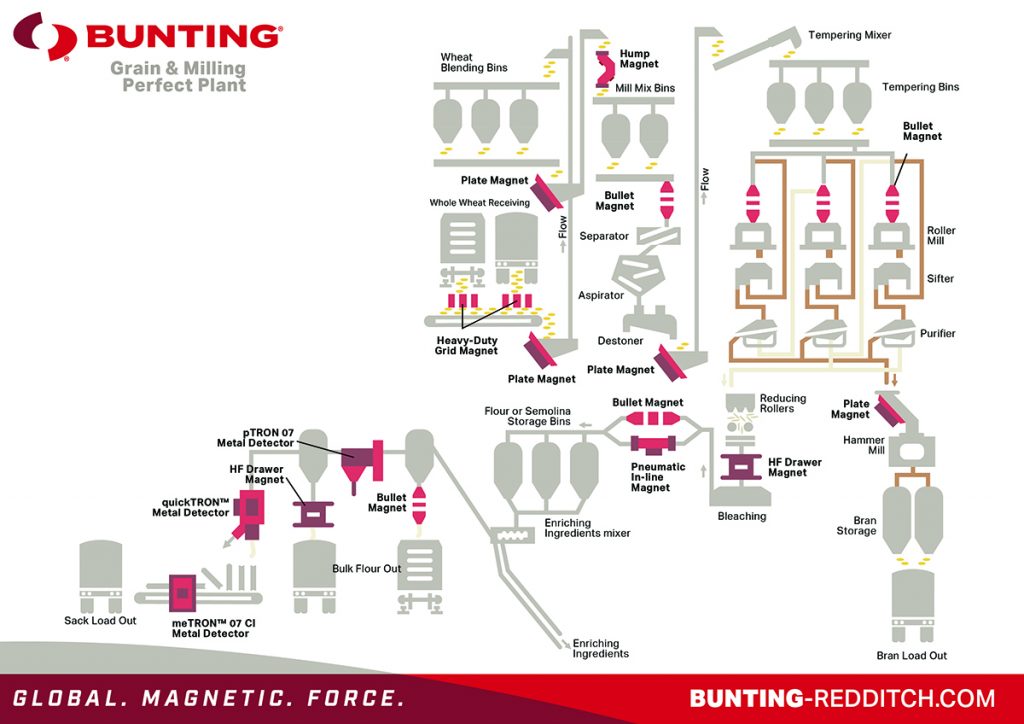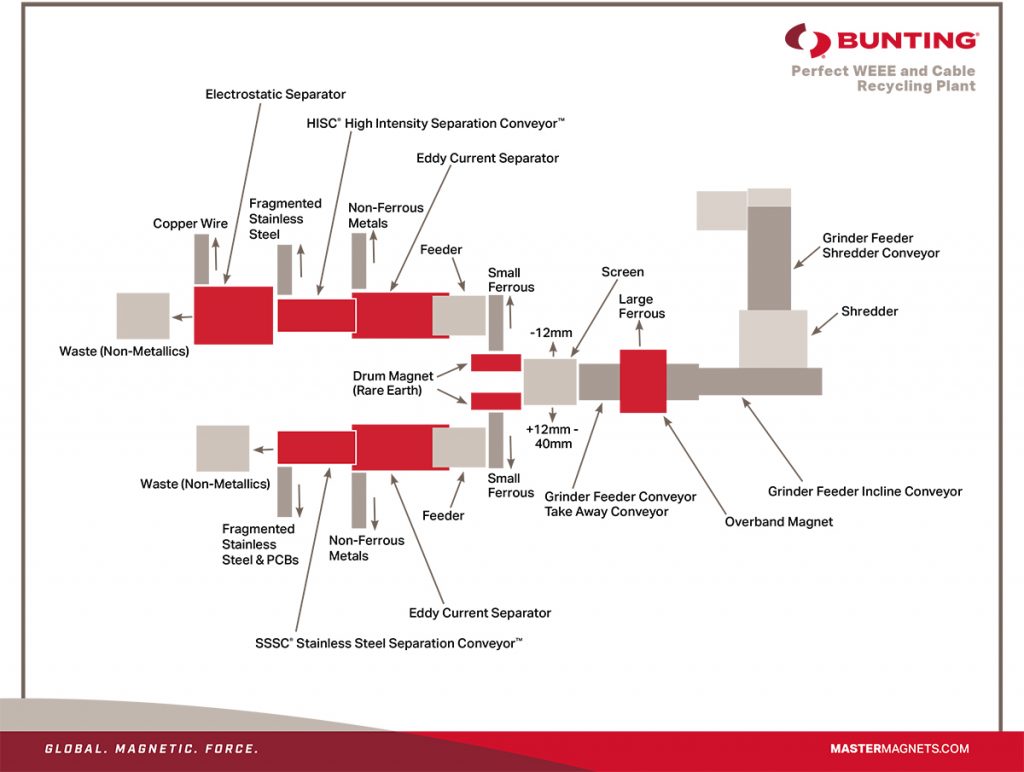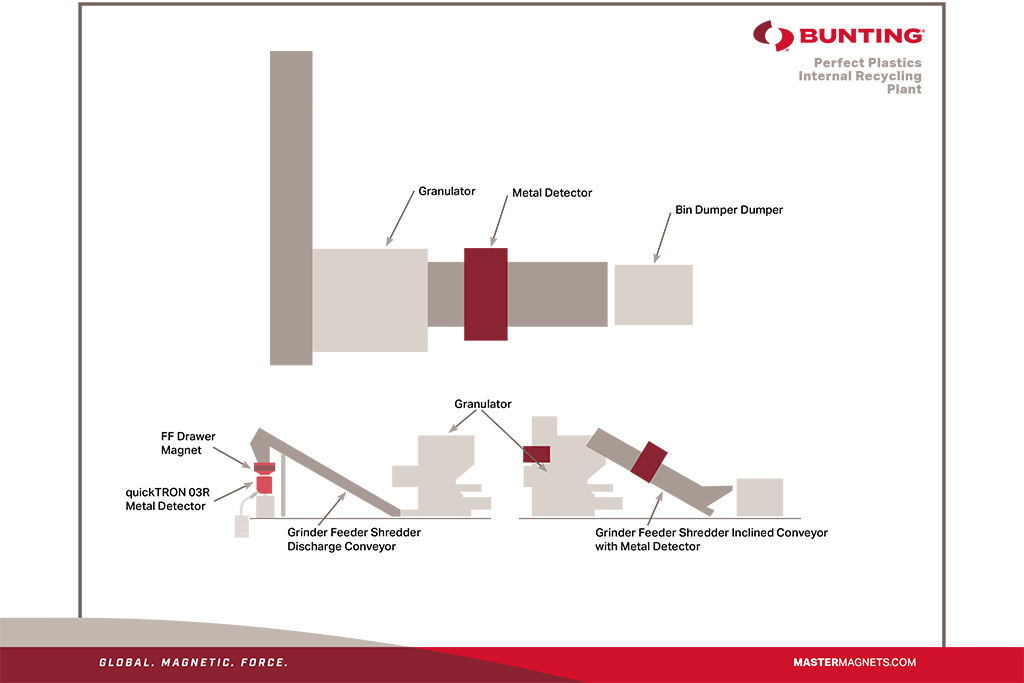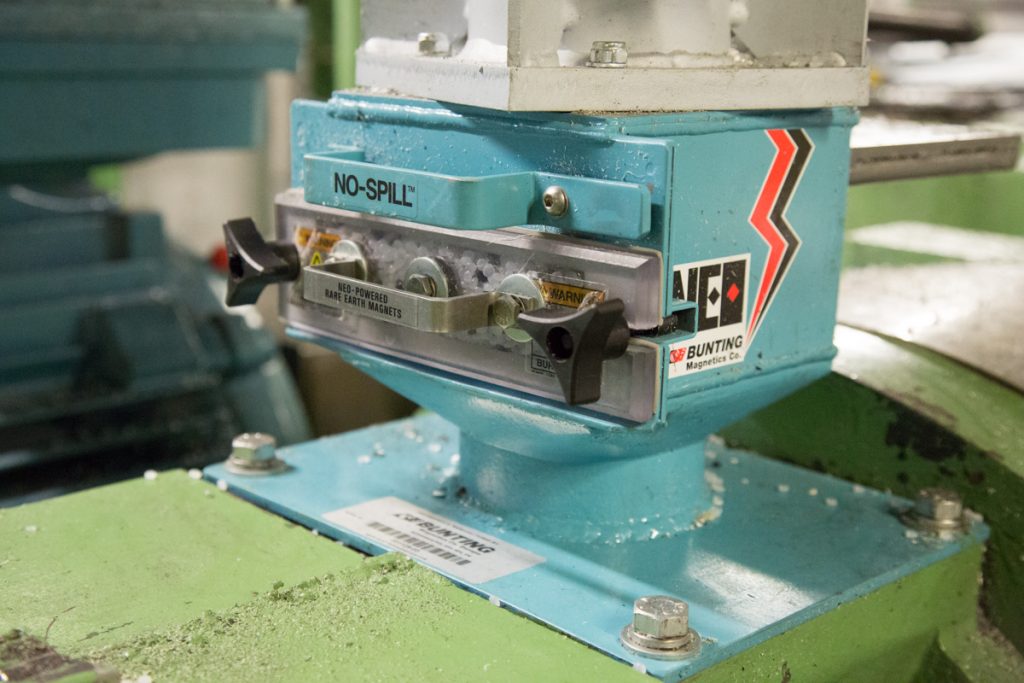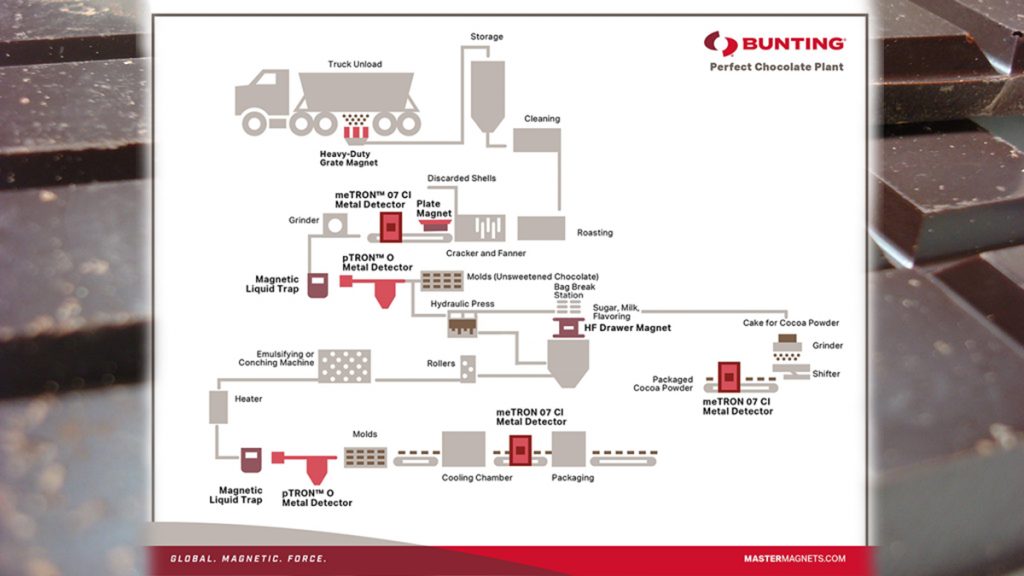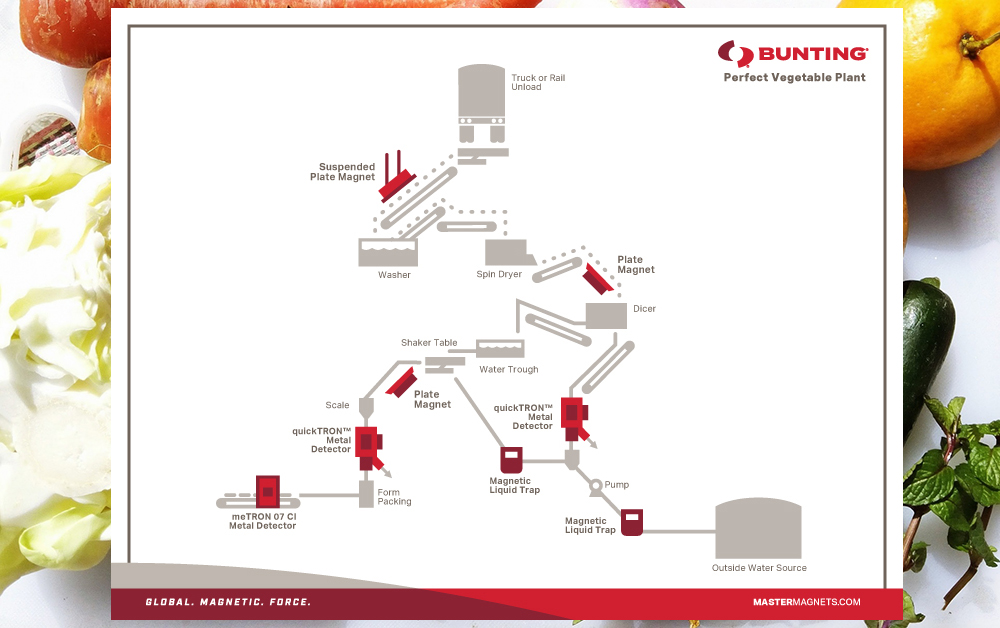Perfect Plants
Getting Metal Out of Grain and Cereals
By the time grain and cereals have been collected and delivered to a Milling Plant, it is highly likely that there is metal contamination present. Removing that metal to prevent damage to processing equipment and produce the highest quality end-product is essential and achieved with a series of different designs of Magnetic Separators and Metal…
Read MoreGetting Metal Out of Spices
Most households have a collection of spices in one of their kitchen cupboards. Adding spices to food when cooking is not only a common practice, but essential for most culinary enthusiasts. But how are the spices processed and prepared? Spices are commonly grown in the tropical regions of the world, with some thriving in the…
Read MoreGetting Metal Out of Beer
Thankfully, it is very unlikely that you will ever find a piece of metal in your glass of beer. However, when tramp metal (in the form of screws, nails, broken process plant, etc.) is accidentally introduced during the brewing process, it damages processing equipment and can even affect the taste of the beer. In this…
Read MoreGetting Metal Out of Pet Food
Ensuring Pet Food is metal free before it reaches the consumer is critical. However, reports of foods being recalled due to metal contamination occur several times each year. To assist processors and producers, Bunting has developed a series of typical plant flowsheets showing proposed locations for Magnetic Separators and Metal Detectors including a typical Pet Food Processing Plant.…
Read MoreMetal Recovery from WEEE and Cable
There is a wealth of valuable metals present in WEEE (Waste of Electrical and Electronic Equipment) and cables. However, the recovery is often difficult due to the small particle size range and variable nature of the metals. With the development and launch of the ElectroStatic Separator [in 2020], Bunting now provides a complete multi-stage metal…
Read MoreEnsuring In-House Plastic Recycling Purity
When re-processing in-house plastic rejects and waste, the purity of the final recycled plastic mix must be equal or at least very close to the original raw material. Whether the re-processed plastic is for in-house use or as regrind for resale, the removal of any metal contamination is critical. Successful removal of metal contamination from…
Read MoreKeeping Ceramic Tiles Iron Free
When fine iron and iron-bearing minerals contaminate the raw material used to produce ceramic tiles, the consequences are costly. Such iron contamination causes visual and structural defects as well as affecting the surface finish in terms of brightness and whiteness. Tiles failing final quality checks are commonly returned for recycling. Those passing the initial quality…
Read More24 Drawer Filter Magnets Destined for France
24 Drawer Filter Magnets destined for France
Read MoreGetting Metal Out of Chocolate
Getting metal out of chocolate
Read MoreGetting Metal Out of Processed Vegetables
Magnetic Separators and Metal Detectors in a vegetable processing plant
Read More